When To Install Engineered Hardwood Floors Instead of Solid Wood
Hardwood floors are a timeless and elegant choice for any home. They add warmth, beauty, and value to your space. However, when selecting the type of hardwood flooring for your next project, you may find yourself torn between solid wood and engineered hardwood. While both options have advantages, there are certain situations where engineered hardwood floors are the better choice.
In this blog post, the Philadelphia wood flooring professionals from Artisan Wood Floors discuss the differences between engineered hardwood and solid wood floors and explore when to install engineered hardwood floors instead of solid wood.
What is an Engineered Hardwood Floor?
engineered wood plank floor cross-section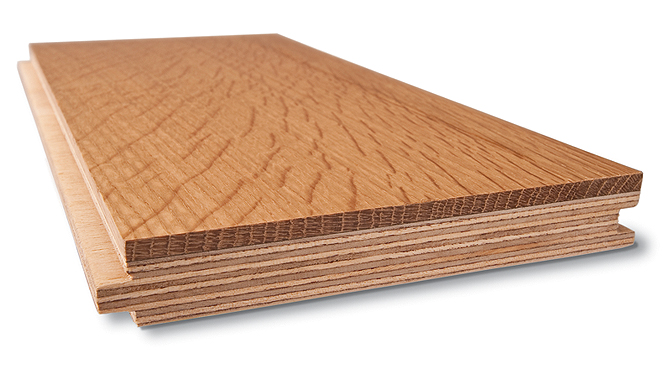
Before delving into the specific situations, let’s first understand engineered hardwood and what it is.
Engineered hardwood flooring is constructed using multiple layers of wood veneers stacked together. The top layer is made of real hardwood, which gives it the same beauty and natural characteristics as solid wood flooring. However, its underlying layers, usually made of plywood or high-density fiberboard (HDF), set engineered hardwood apart.
These additional layers provide engineered hardwood with enhanced stability, durability, and resistance to moisture compared to solid wood flooring. The layered construction helps minimize the natural expansion and contraction that can occur with changes in humidity and temperature, making engineered hardwood a suitable choice for areas where solid wood might not be recommended, such as basements or below-grade installations.
Combining the real wood surface layer with sturdy core layers, engineered hardwood offers a flooring option that is less prone to warping, cupping, and gaps. It provides homeowners with the aesthetic appeal of hardwood while offering increased versatility and performance. Whether you prefer the timeless elegance of oak wood floors, the warmth of maple, or the unique grain patterns of hickory, engineered hardwood can be customized to match your desired style and meet the specific needs of your space.
When To Install Engineered Hardwood Flooring
The following are some of the situations where engineered hardwood flooring is a more appropriate choice when compared to solid wood flooring:
- Basements and Moisture-Prone Areas: One of the main advantages of engineered hardwood floors is their moisture resistance. Solid wood floors can be susceptible to expansion and contraction when exposed to moisture or humidity, which makes them less suitable for basements or areas prone to moisture. On the other hand, engineered hardwood has a stable construction that allows it to withstand moisture fluctuations without warping or cupping. It is an excellent choice for basements or areas with higher humidity levels.
- Below-Grade Installations: Like basements, below-grade installations refer to areas below ground level, such as lower-level rooms or subfloors. Solid wood floors are generally not recommended for these areas due to the higher moisture content and potential for humidity issues. Engineered hardwood, with its multi-layer construction, provides better moisture resistance and can be safely installed below grade.
- Wide Plank Installations: If you desire the aesthetic appeal of wide plank flooring, engineered hardwood is often a more practical choice. Wide planks are more prone to expansion and contraction compared to narrower planks. The layered construction of engineered hardwood enhances stability. It also reduces the risk of gapping or cupping that can occur with solid wood wide planks.
- Homes with Radiant Heat Systems: Engineered hardwood is an excellent option for homes with radiant heat under hardwood floors. These systems use radiant heating elements embedded in the subfloor to provide warmth to the room. Solid wood floors may be more susceptible to temperature and humidity changes caused by the radiant heat, which can lead to warping or cracking. Engineered hardwood‘s layered construction allows it to withstand the temperature fluctuations associated with radiant heat systems.
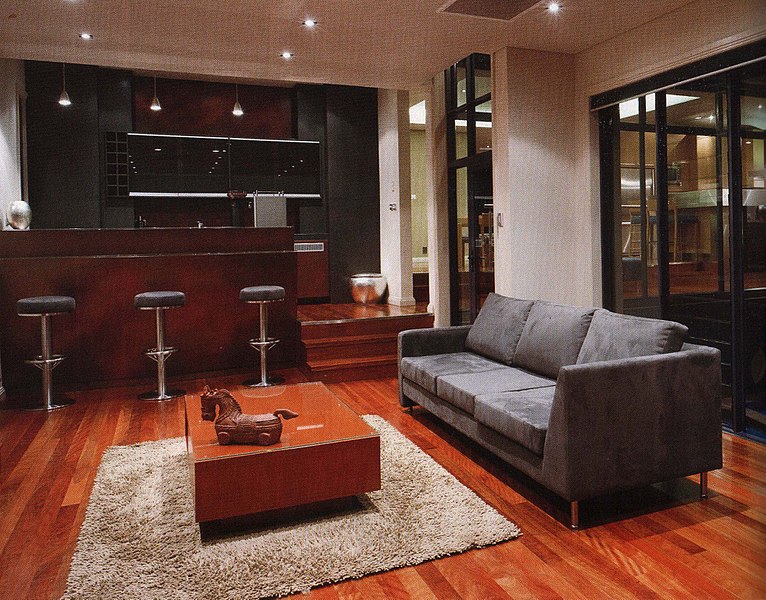
There are other issues to consider when deciding whether to use engineered hardwood floors or solid wood flooring as part of your next flooring project, including cost and environmental concerns.
- Cost Considerations: Solid wood floors exude a sense of luxury but can also come with a higher price tag. If you have budget constraints but still desire the beauty and authenticity of hardwood, engineered hardwood is a cost-effective alternative. It offers a similar aesthetic appeal at a more affordable price point.
- Environmental Considerations: If you have environmental concerns, engineered hardwood can be a more sustainable wood floor choice. The top layer of engineered hardwood uses real wood, but the underlying layers are often made from fast-growing, renewable materials such as plywood or HDF. Additionally, engineered hardwood utilizes fewer trees compared to solid wood floors, making it a more environmentally conscious option.
Enlist the Help of a Professional PA Wood Flooring Expert
Solid wood floors have their undeniable charm. However, in specific situations, engineered hardwood is the more practical choice.
Before deciding, consult a PA wood flooring installation professional to determine the best option for your needs to enjoy the timeless beauty of hardwood floors in your home.
If you are still having trouble determining which one is right for you, call the Philadelphia wood floor experts at Artisan Wood Floors at (215) 515-7355 and ask for Steve. Steve has more than two decades of experience in the wood flooring industry. He and his knowledgeable staff have the expertise to make your wood floor dreams come true.
Recent Hardwood Flooring Projects in Philadelphia & NJ
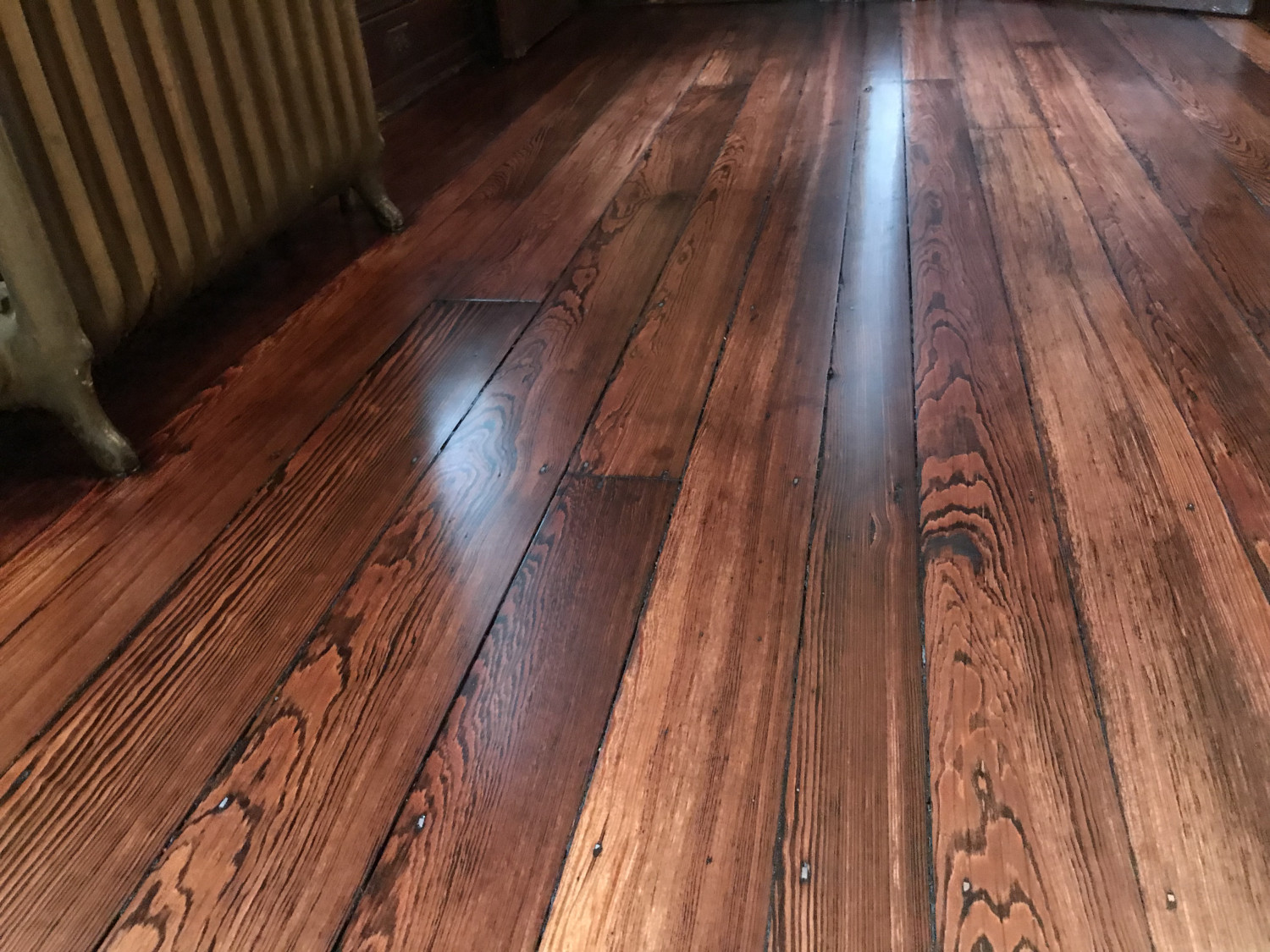
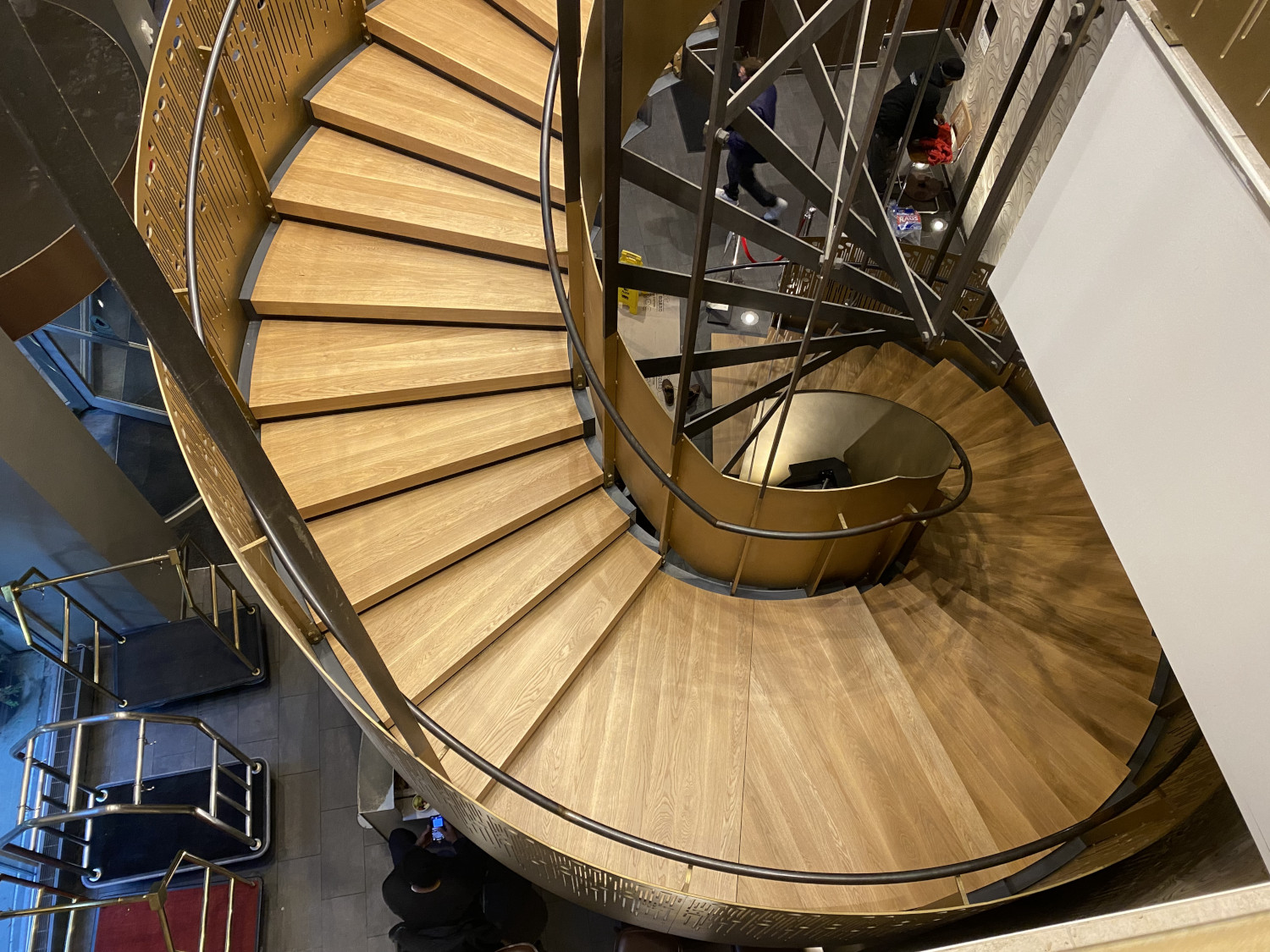
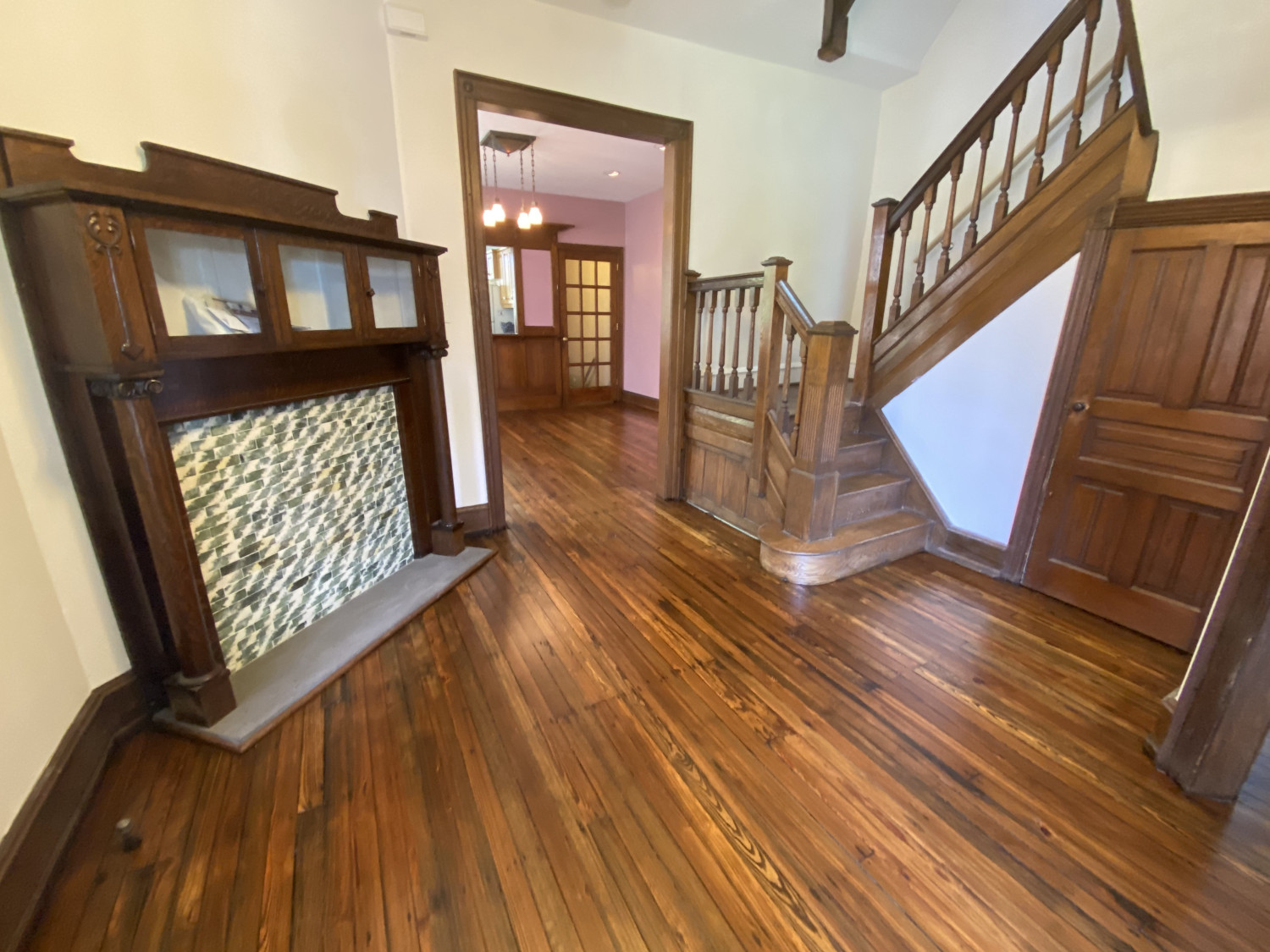

0 Comments